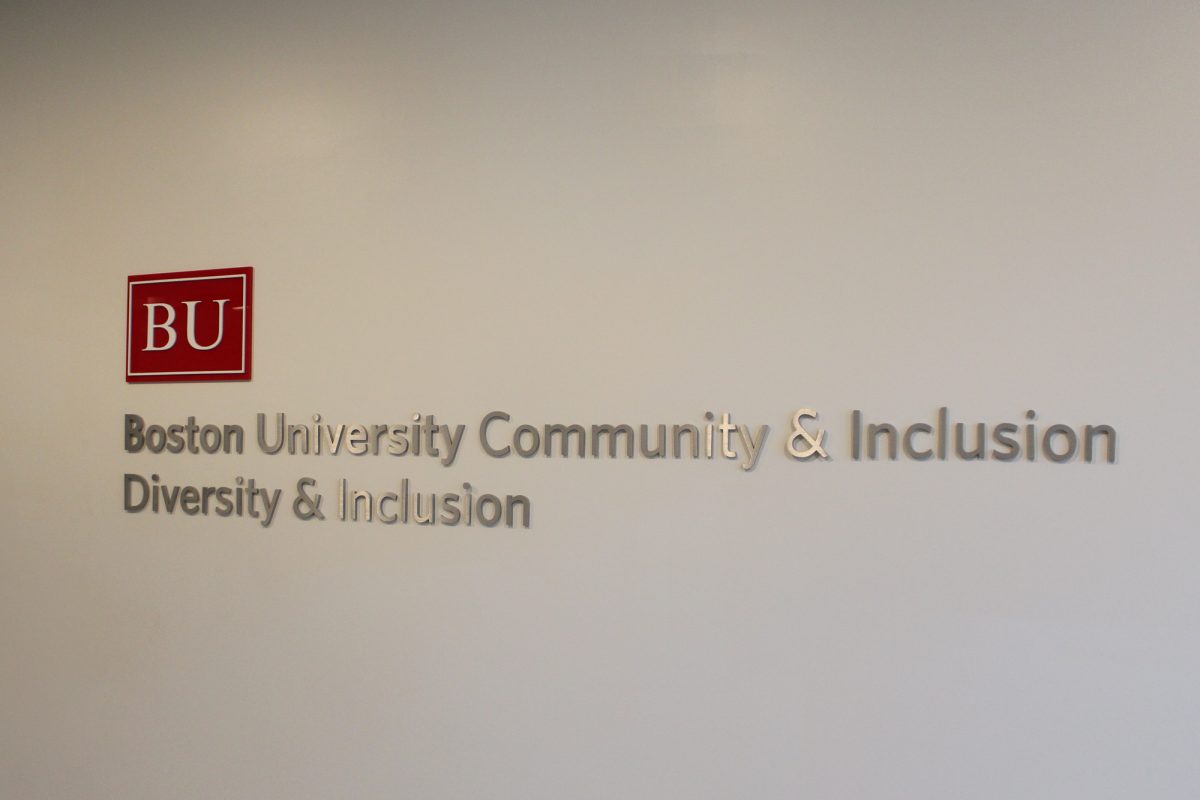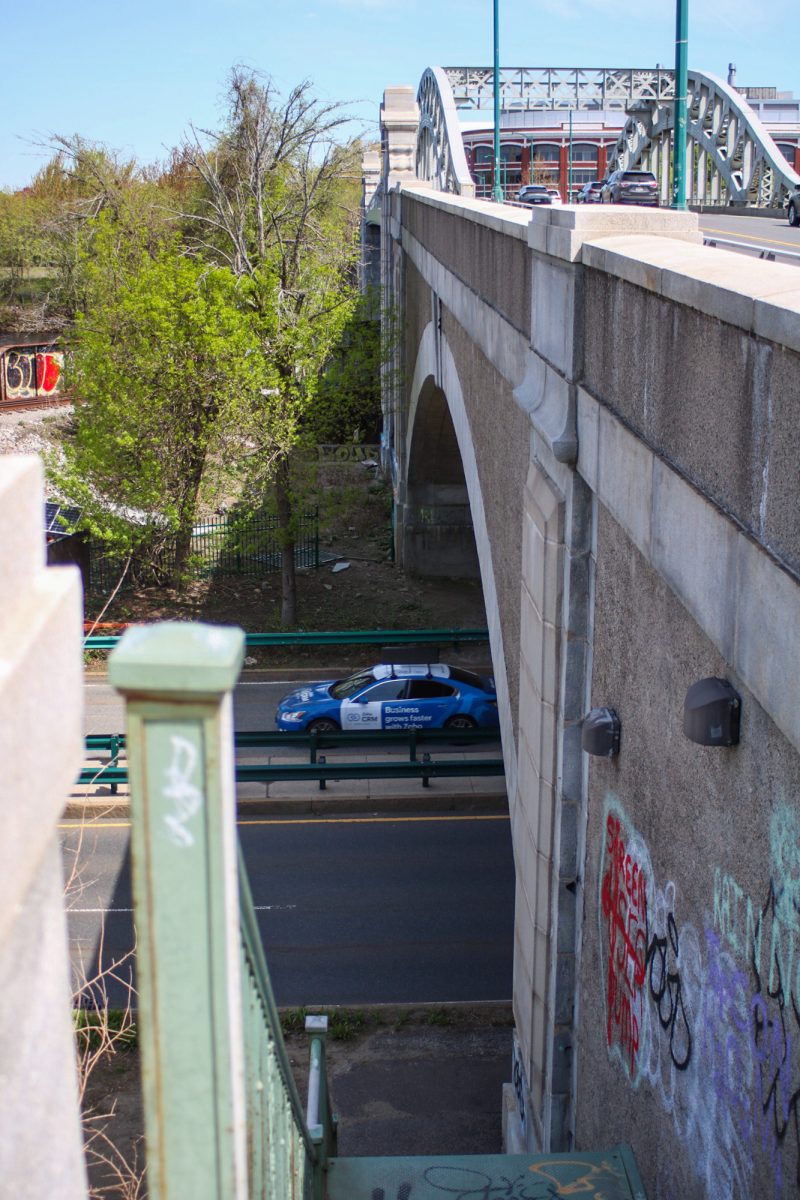While Boston University offers its students a number of security measures in order to combat sexual assault on campus, many students said they were unsure of what the university protocol for handling assault cases is.
BU’s Women’s Resource Center member, Meghan Faulkner, a College of Arts and Sciences senior said she believes that BU should supplement the preventative measures against sexual assault the university currently has in place.
“I do think the measures that BU takes are effective with what they aim for but there are other things they could do,” Faulkner said.
In light of a complaint against Yale University stating the campus is a sexually hostile environment and the university has not responded effectively, Faulkner said that BU needs to educate students more about what sexual assault is and how to combat it.
“Students need to feel OK with talking to your friends about what to do if someone is drunk and can’t legally consent,” Faulkner said.
The BU Police Department takes sexual assault very seriously and has observed a decreased amount of reported sexual assaults on BU campus, said Deputy Chief Scott Paré.
Forcible sex offenses on the BU Charles River campus decreased between 2007 and 2009, according to BUPD statistics. While 10 sexual offense cases were reported in 2007, only two cases were reported in 2009.
In order to combat sexual assault and promote campus safety, the BUPD utilizes the blue light emergency phones throughout campus for students and faculty to call in the event of an emergency.
The phones have a red button that directly contacts the BUPD with a response time of under two minutes, Paré said.
“I think the blue light system is effective as one of a number of tools to contact use if you run into a problem,” Paré said.
However, the majority of students using the blue light system are reporting daytime bike accidents, car accidents and stolen cell phones, Paré said.
Between the hours of 8 p.m. and 2 a.m. BU offers an escort service, where student employees walk students back to their dorms.
Faulkner believes that more should be done to increase security to prevent students from falling victim to sexual assault at BU.
“I think the measures that BU takes, like with the blue light system and the escort system, are important, but it’s not getting at the root of the problem,” Faulkner said.
“Most sexual assault occurs at parties and most sexual assault cases are by people the victims know, through relationships and friends,” Faulkner said. “It’s really important for people to understand that.”
Faulkner suggested that BU offer courses at freshmen orientations that teach students how to prevent sexual assault.
Many BU students said they were unaware of how the school handles sexual assault cases.
“I don’t really know if BU does enough to prevent sexual assault because I haven’t really heard of any,” said Alyssa Damiani, a senior dual major in the CAS and School of Education.
“I feel like there is enough security on campus to prevent that from happening, with the escort service and the BUPD. But I’ve always felt safe on campus so it’s never been a problem.”
Other students said sexual assault prevention is hard to monitor with BU’s large student body.
“It’s really difficult on our campus to monitor sexual assault because the campus is so wide spread out and we’re integrated into the city,” said Haley Bernard, a College of Communication junior.
Bernard said that a lot of students who are sexually assaulted are too afraid to report the crime.
“I think a lot of times students feel timid about reporting cases of sexual assault because they will be judged for ratting someone out or causing a frat to close on campus and think they will be seen as a tattle tale,” Bernard said.
“I would have no idea how to contact the BUPD if I was sexually assaulted,” said Amanda Crawford-Staub, a COM freshman. “I guess that means they need to do more.”
















































































































